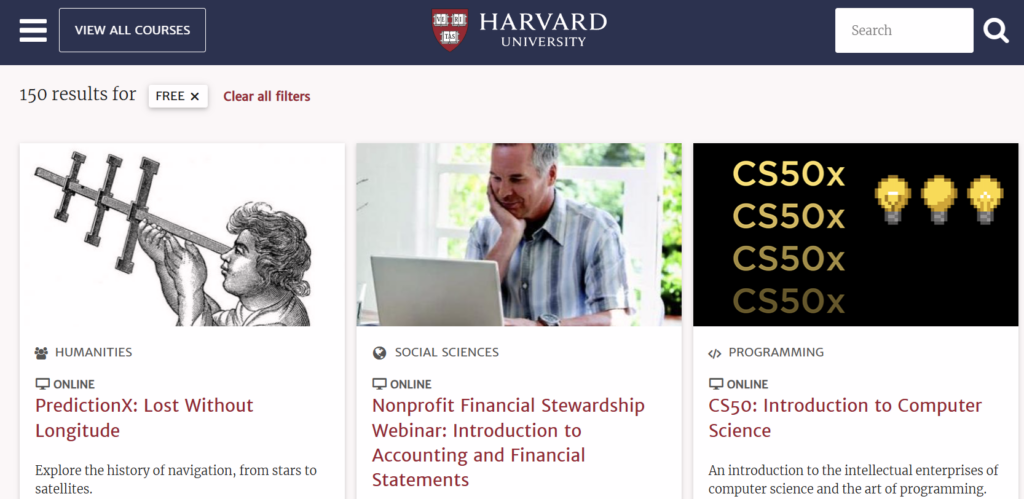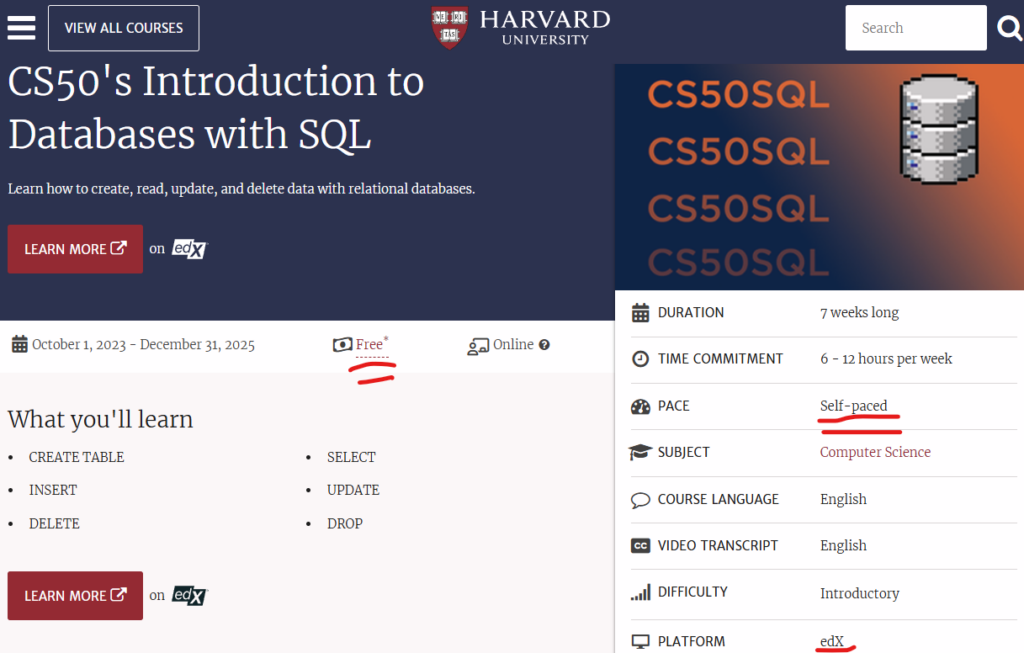
Image retrieved from:
https://arsartisticadventureofmankind.wordpress.com/tag/tizianos-woman-with-a-mirror/
Summary
In this week’s critical reflection, I concentrate on Bonnie Stewart’s prose on the concept of networked pedagogy which discusses the importance as to how networks shape the human experience and learning. Stewart touches on networked pedagogy where digital and networked structures can be used in both teaching and learning which can help keep learners engaged and relatable in their own lives. Bonnie displays her support for the digital world and how we should integrate the digitization of classrooms and how we can use these online platforms as a way to promote interconnectedness through open resources and social networks. She mentions how “networked pedagogy is about acknowledging that the world students live in is already networked [and] our job is to help them navigate it critically”. I think they know how connected students can truly be outside of the classroom through social media and through these platforms.
My Personal Thoughts
I think one of the things that stood out is when she said, “It allows me to be in conversations that I would not otherwise be in …” I thought this was very profound because digital platforms helped other people access academic and professional dialogues where they might not be in certain institutions. Platforms like Twitter and open learning platforms allow educators and learners to connect with other people across the world despite geography, status, and education level. I think it can give rise to people who would want to refine their voice, ideas, and become “seen” or “heard” in whatever field they’re researching. There’s a great opportunity for diversity and inclusion for higher education where tools and classrooms can feel traditional and exclude some people.
Likewise, I think having friends in university or a close-knit group, you often share the same values, interests, and education level. Through these digital platforms, it allows for people to connect with people throughout the globe where there’s a far wider range of minds with different perspectives. I think that it breaks down unseen boundaries that we’ve created around ourselves that prevent us from having a more diverse, richer, and unexpected shift in perspectives. For instance, Harvard, one of the highest ranked and prestigious universities in the United States, offers free online courses. Access to an elite academic discourse brings world-class lectures to people who may never have the chance to step foot on campus. It breaks down barriers to inaccessible conversions where traditional barriers such as cost, location, and admission prevents learners from registering from a course in Harvard. Overall, I think that it’s forward thinking and allows for other people to access and be included in otherwise thought of restricted conversations.
Below is some free online courses that are currently available at Harvard University. The link provided is something I would be interested in taking as I’m currently pursuing Health Information Science where SQL and managing databases is a key skill to have in the field. Notice how the university has their own digital learning platform and it is free for learners to register!

https://pll.harvard.edu/course/cs50s-introduction-databases-sql

References
Professional and Lifelong Learning | Harvard University. (n.d.). Free Courses. Retrieved June 9, 2025, from https://pll.harvard.edu/catalog/free
Stewart, B. (2016, October 6). Networked Pedagogy [Audio podcast episode]. In Teaching in Higher Ed (Episode 121). In B. Stachowiak (Host). West Virginia University Press. Retrieved June 9, 2025, from https://teachinginhighered.com/podcast/networked-pedagogy/
ellameld99
June 12, 2025 — 10:59 am
Hello,
This is a really thoughtful reflection on Bonnie Stewart’s concept of networked pedagogy. I liked how you connected her ideas to real-world examples, such as the open online courses offered by institutions like Harvard. I am curious about how we ensure that digital spaces remain inclusive and equitable. I am curious to hear your thoughts on how educators might guide students to participate critically and responsibly in these open networks without feeling overwhelmed by the volume of information or opinions online.
janitpuri
June 21, 2025 — 7:58 pm
Hi Therese,
I really enjoyed your reflection on networked pedagogy—your analysis of Bonnie Stewart’s ideas was clear and thought-provoking. I especially liked how you emphasized the way digital platforms can break down barriers like geography, status, and institutional access. Your point about Harvard offering free online courses was a strong example of how elite education can be opened up to a much broader audience.
Your discussion made me wonder: how can we ensure that the voices being elevated through these open platforms are diverse and not just extensions of existing dominant perspectives?
nicole7
June 25, 2025 — 6:27 pm
Hello Therese!!
Good job on this blog post, I wanted to make note of the way you referenced your starting images. I didn’t know that the tool you used was even a thing, did you know that when you add a photo to your blog there is a place that you can create a caption?
I enjoyed reading through your thoughts on networked pedagogy and I appreciate you embedding resources into your post! I share the same thoughts about using these platforms to connect with people from a wider range of locations and education levels compared to the smaller circle people tend to create within university. The access to resources that these platforms provide benefit many people including the ones sharing them!